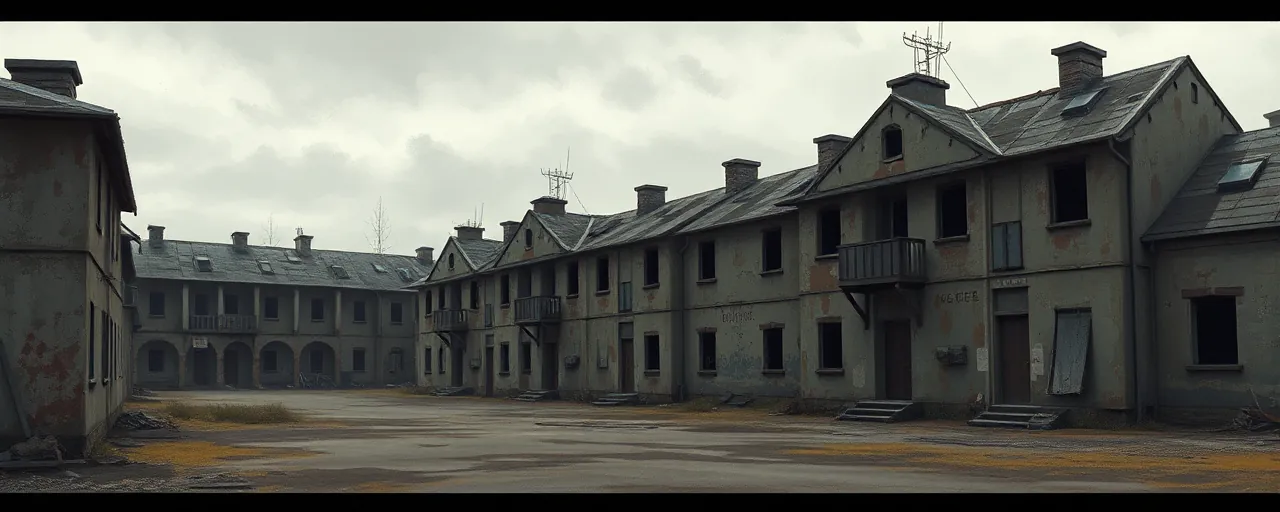A Call to Action for Our Warfighters
The men and women who defend our nation from threats terrestrial and cosmic deserve more than empty promises. On April 8, 2025, Chief Master Sgt. of the Space Force John Bentivegna and Chief Master Sgt. of the Air Force David Flosi laid bare a stark reality before Congress: our service members are stretched thin, not by enemy fire, but by crumbling infrastructure, childcare shortages, and housing costs that mock their sacrifices. Their testimony wasn’t just a report; it was a battle cry for prioritizing those who keep America safe.
The Biden-era obsession with bureaucratic bloat and social experiments has left our military scrambling for scraps. While Washington funnels billions into questionable foreign aid and bloated federal agencies, Airmen and Guardians face waitlists for childcare and barracks that belong in a bygone era. This isn’t just mismanagement; it’s a betrayal of those who volunteer to stand on the front lines. A nation that prides itself on strength must fund its fighters, not its pencil-pushers.
The Cost of Neglect
Flosi didn’t mince words: the Air Force is drowning in outdated infrastructure. Over the past three decades, fighter squadrons have been slashed by 60%, personnel cut by 40%, yet only 15% of installations have been shuttered. Nearly a third of Air Force facilities are relics, siphoning funds that could rebuild dormitories or bolster healthcare access. His solution? Demolish the excess and reinvest in people. The numbers back him up: divesting offers a ten-to-one return on investment, freeing up billions to support those who serve.
Meanwhile, military families are caught in a vise. Rising rents force junior enlisted into civilian markets where landlords exploit their desperation. The Basic Allowance for Housing, bumped up 5.4% in 2025, still lags behind soaring costs in places like Key West, where short-term rentals dominate. Childcare is no better. Wait times stretch up to 18 months at some bases, and costs eat 15.4% of family income—double what’s sustainable. These aren’t abstract stats; they’re the daily grind for those defending our skies and orbits.
Space Force: Small Budget, Massive Impact
Bentivegna’s testimony revealed the Space Force’s outsized role despite its lean 3% slice of the defense budget. Guardians track 47,800 orbiting objects and provide missile warnings that saved lives during Iran’s attacks. Yet, they operate under continuing resolutions for half their existence, hamstrung by congressional gridlock. This isn’t just about satellites; it’s about ensuring America’s edge against rivals like China, whose space ambitions grow bolder by the day. Starving the Space Force risks ceding the ultimate high ground.
Some argue we can’t afford to invest in space when terrestrial needs loom large. They’re wrong. The Space Force isn’t a luxury; it’s a necessity. From GPS to missile defense, Guardians underpin the systems that keep our economy humming and our enemies at bay. Neglecting their training or quality of life invites disaster. History proves it: post-Vietnam budget cuts gutted readiness, leaving a hollow force. We can’t repeat that mistake when the stakes are galactic.
A Path Forward
The solution isn’t complicated, but it demands courage. Congress must slash the fat—starting with excess bases—and redirect funds to housing, childcare, and spouse employment programs. The Military Spouse Employment Partnership has connected 275,000 spouses to jobs since 2011, yet 21% remain unemployed, costing families up to $1 billion annually. Fixing this isn’t charity; it’s strategy. Stable families mean focused service members, and focused service members mean a lethal force.
Lawmakers nodding along in bipartisan agreement isn’t enough. Action is. The Fiscal Responsibility Act’s caps threaten $14 billion in Air Force cuts, undermining everything from dorm upgrades to advanced training. If we value national security, we’ll prioritize investments that elevate our warfighters, not tie their hands. Bentivegna’s call to ‘Elevate the Journey’ for Guardians isn’t rhetoric; it’s a blueprint for a force ready to dominate any domain.
